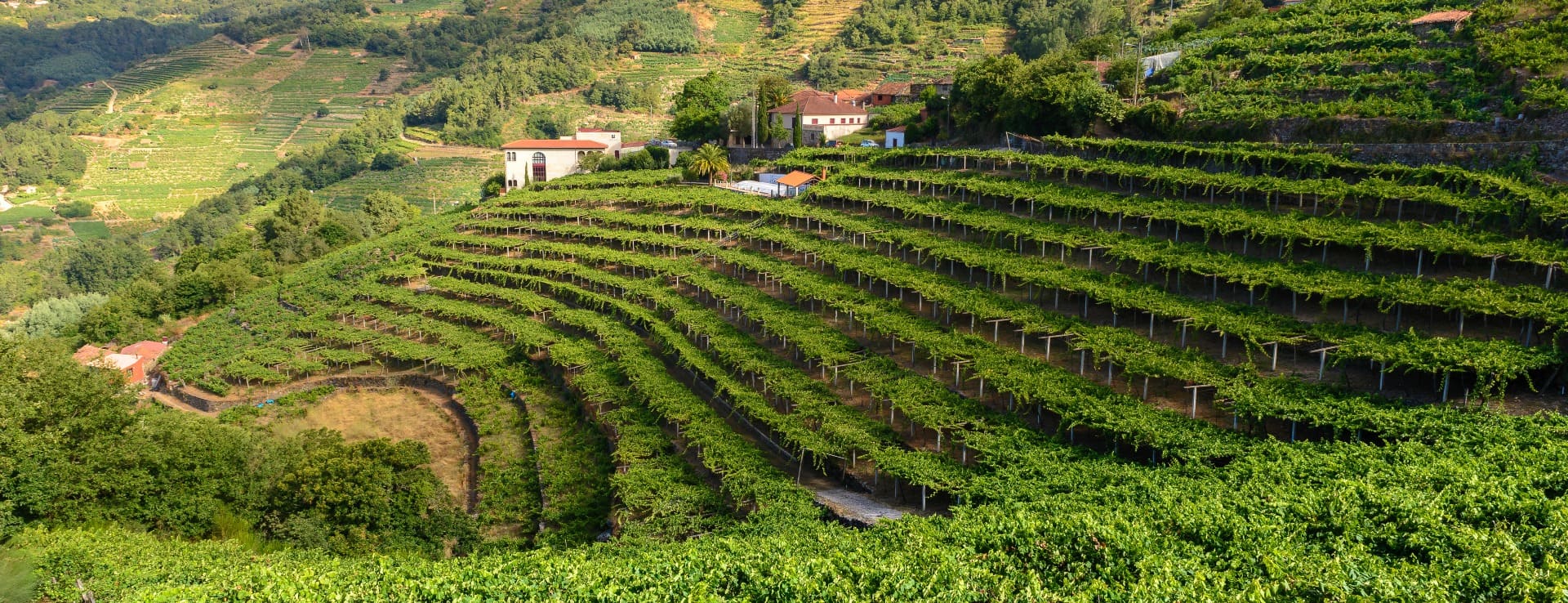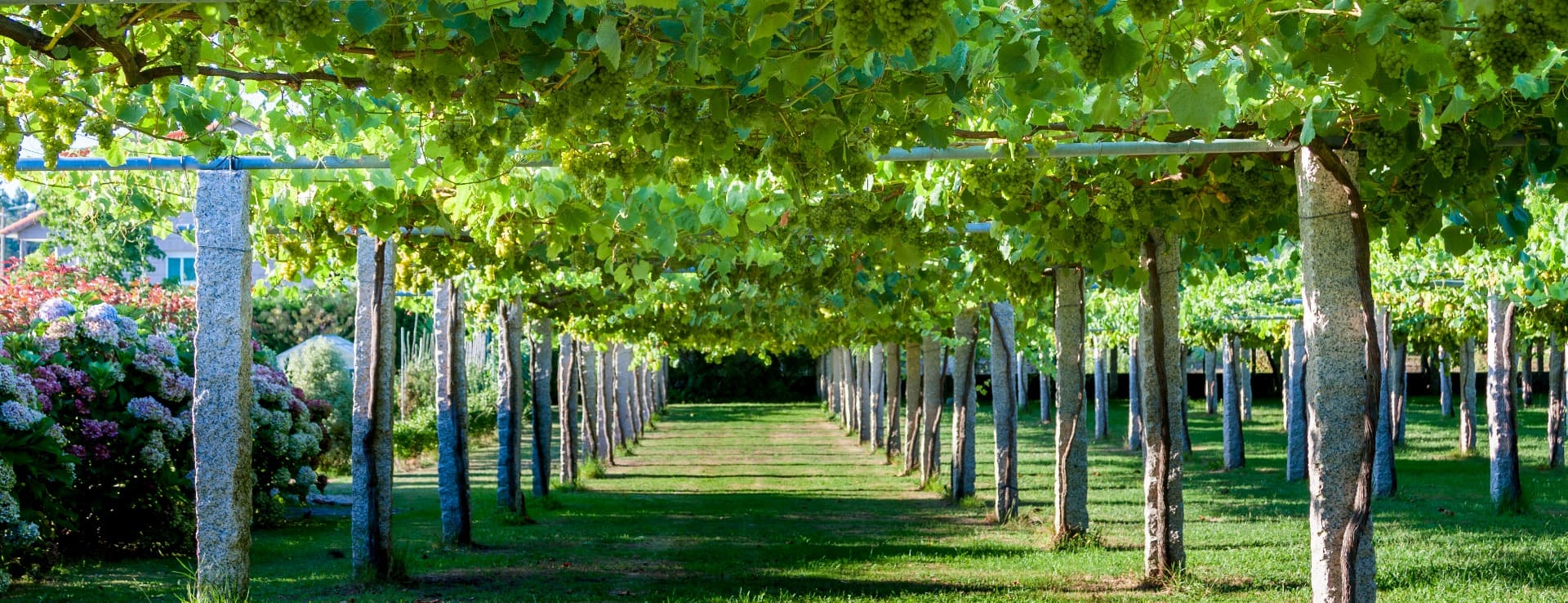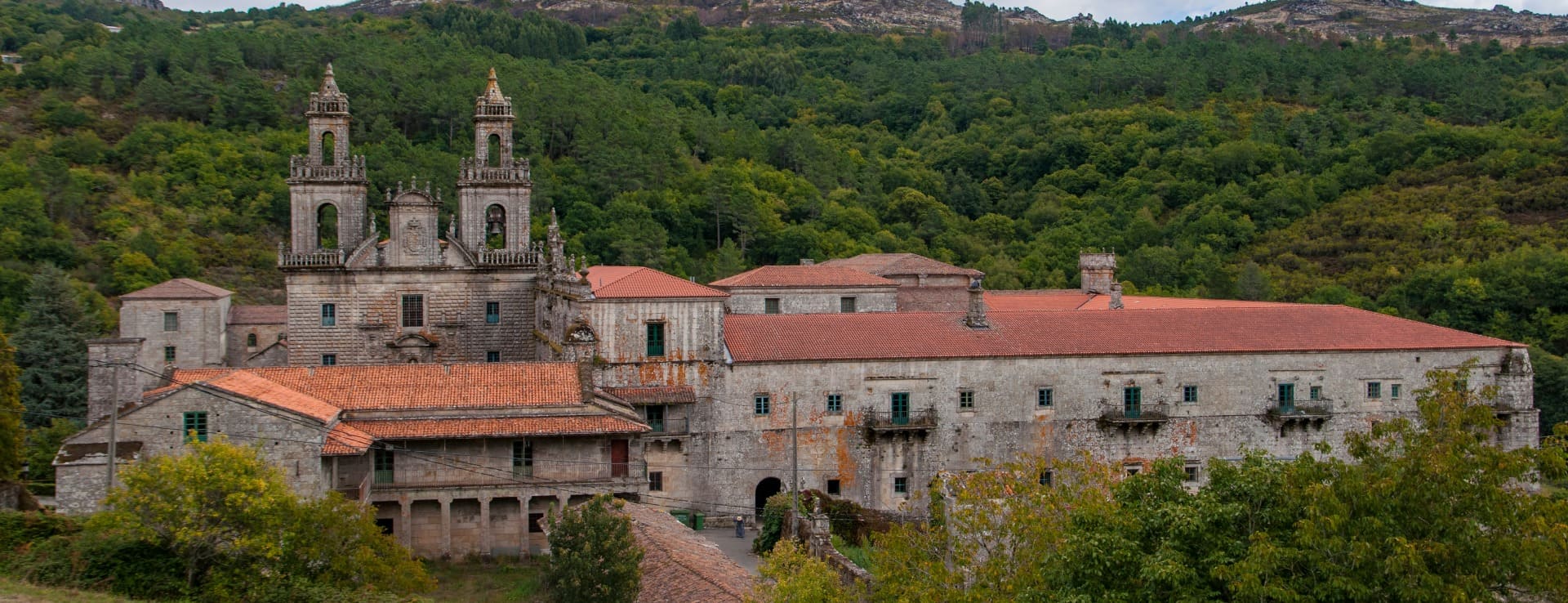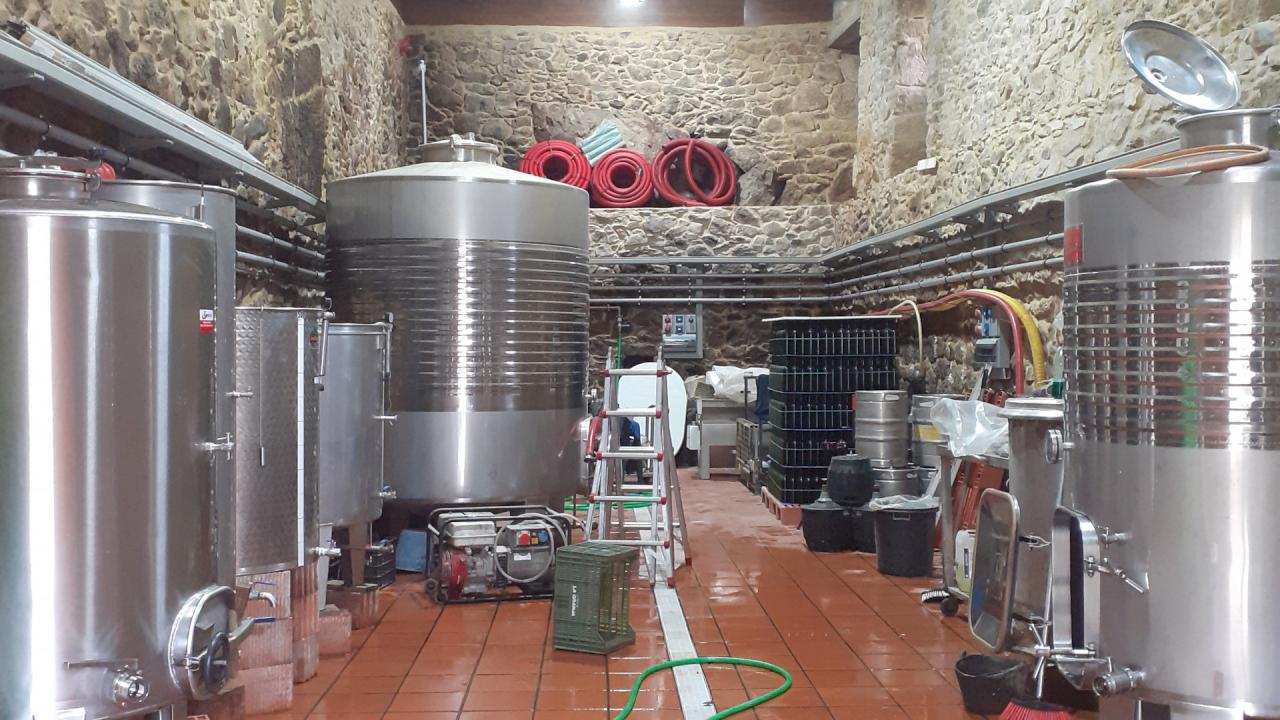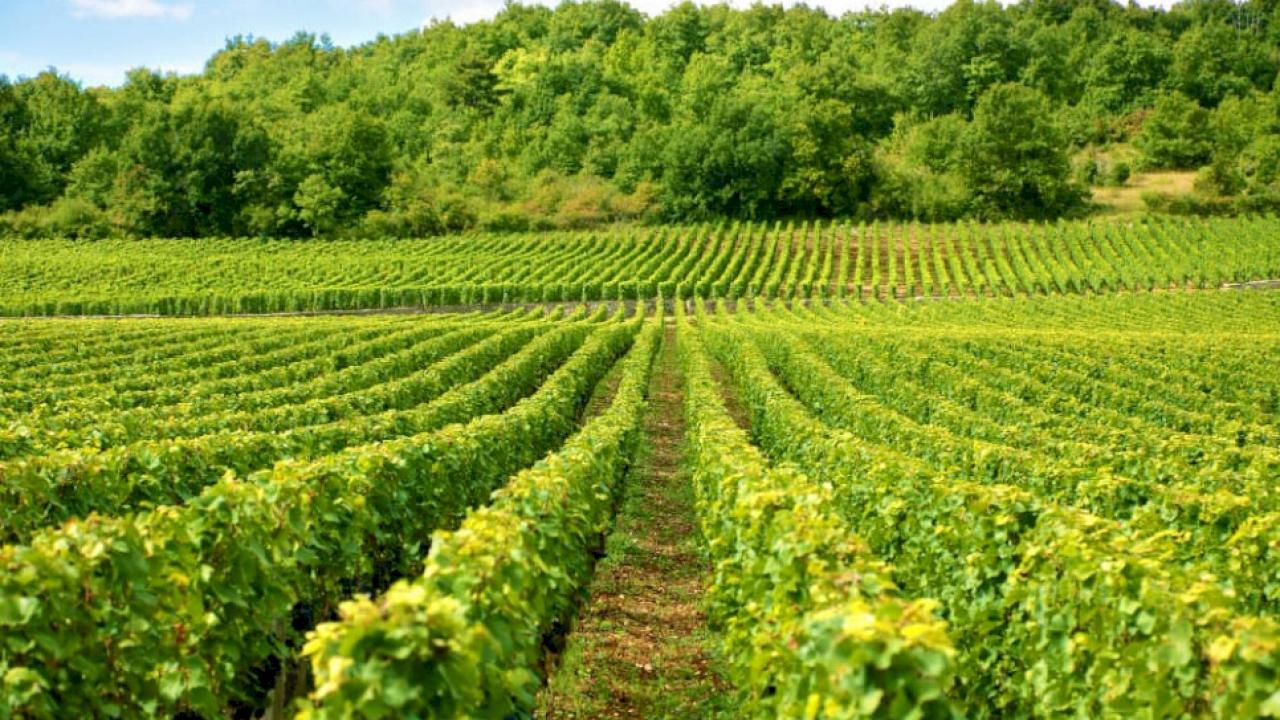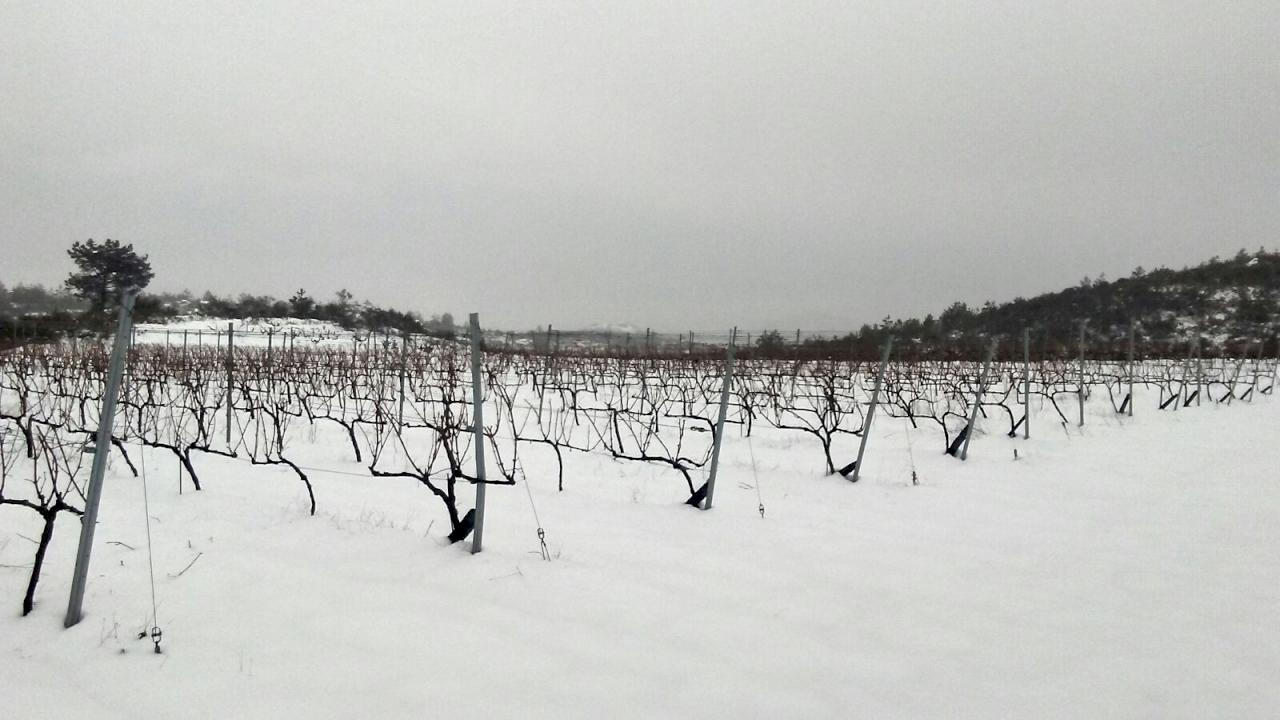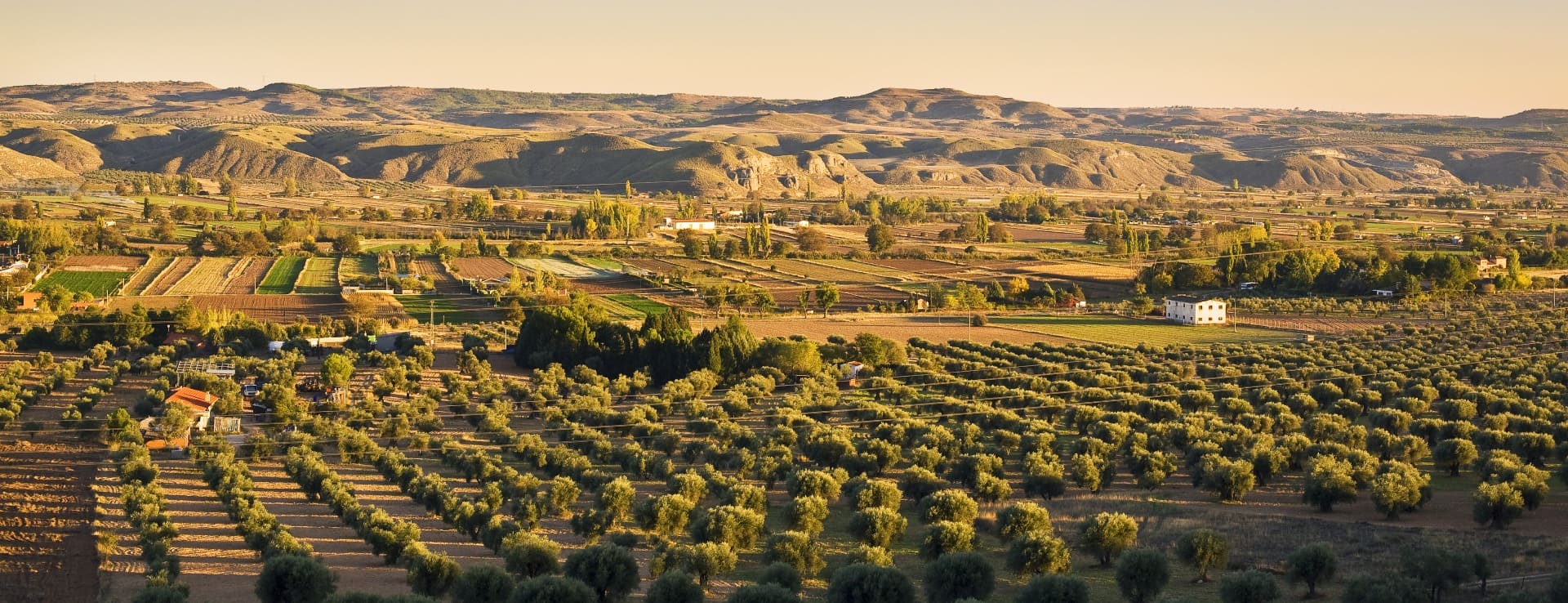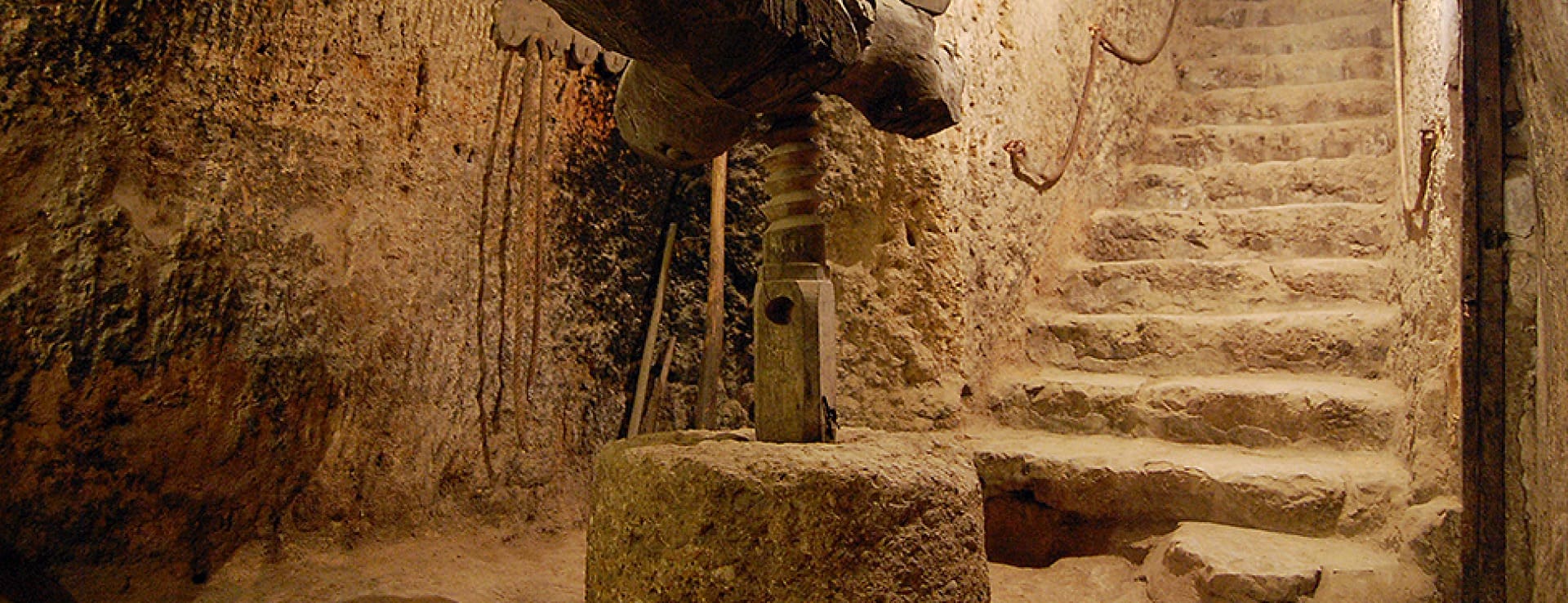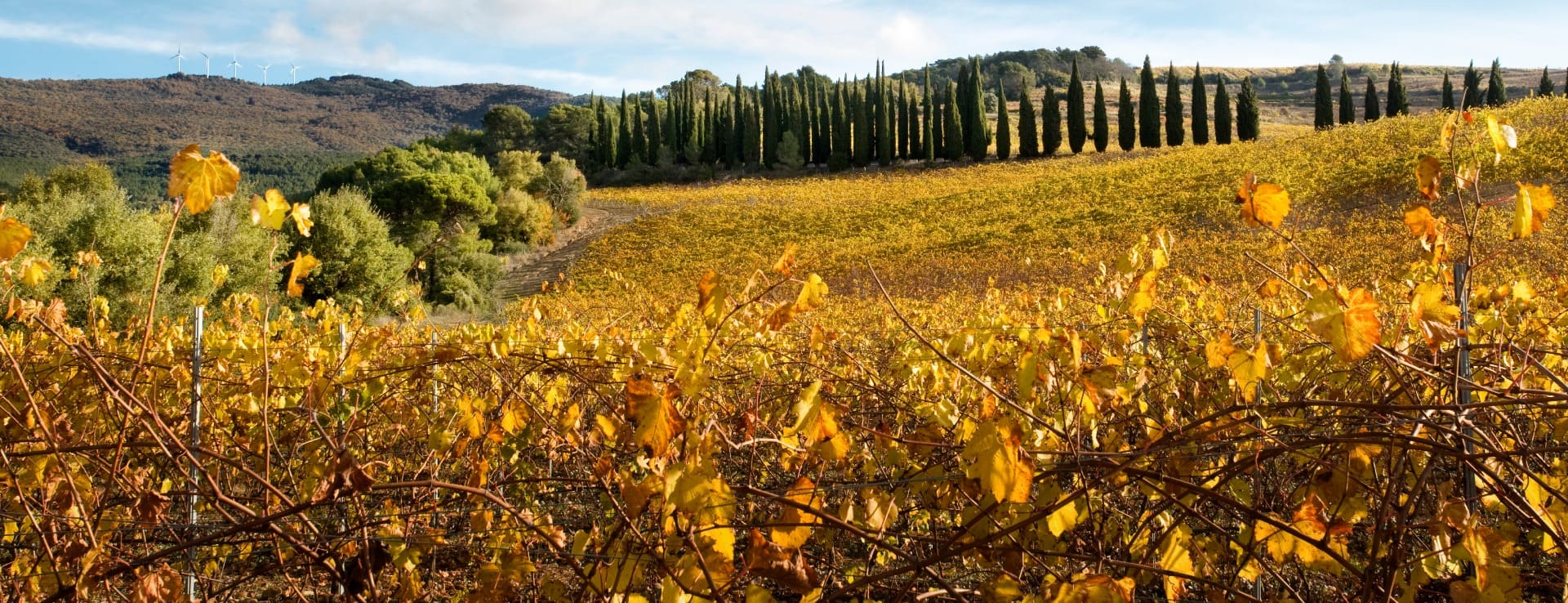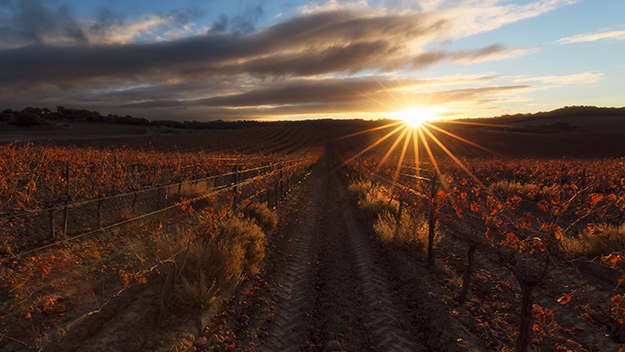Find your winery or vineyard
5 Wineries and Vineyards for sale in Ourense
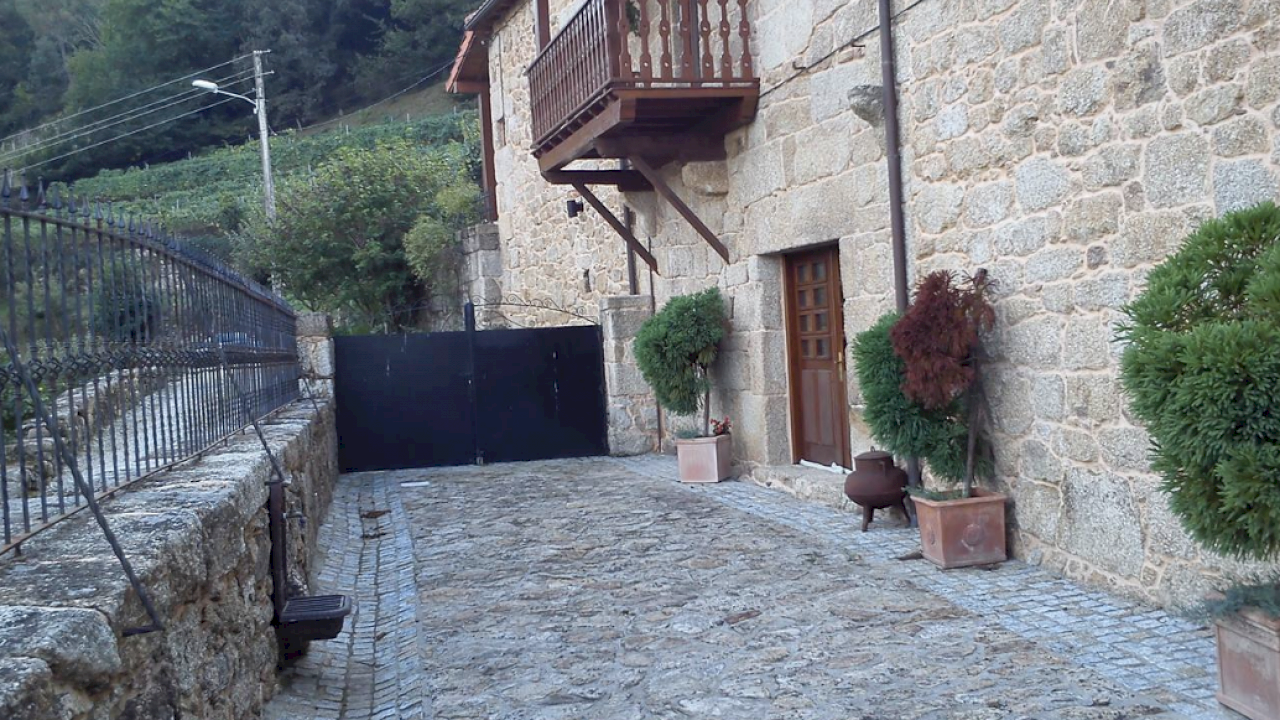
Manor house with artisanal winery in Ribeiro for sale.
19th-century restored manor house with winery located in Ribeiro.
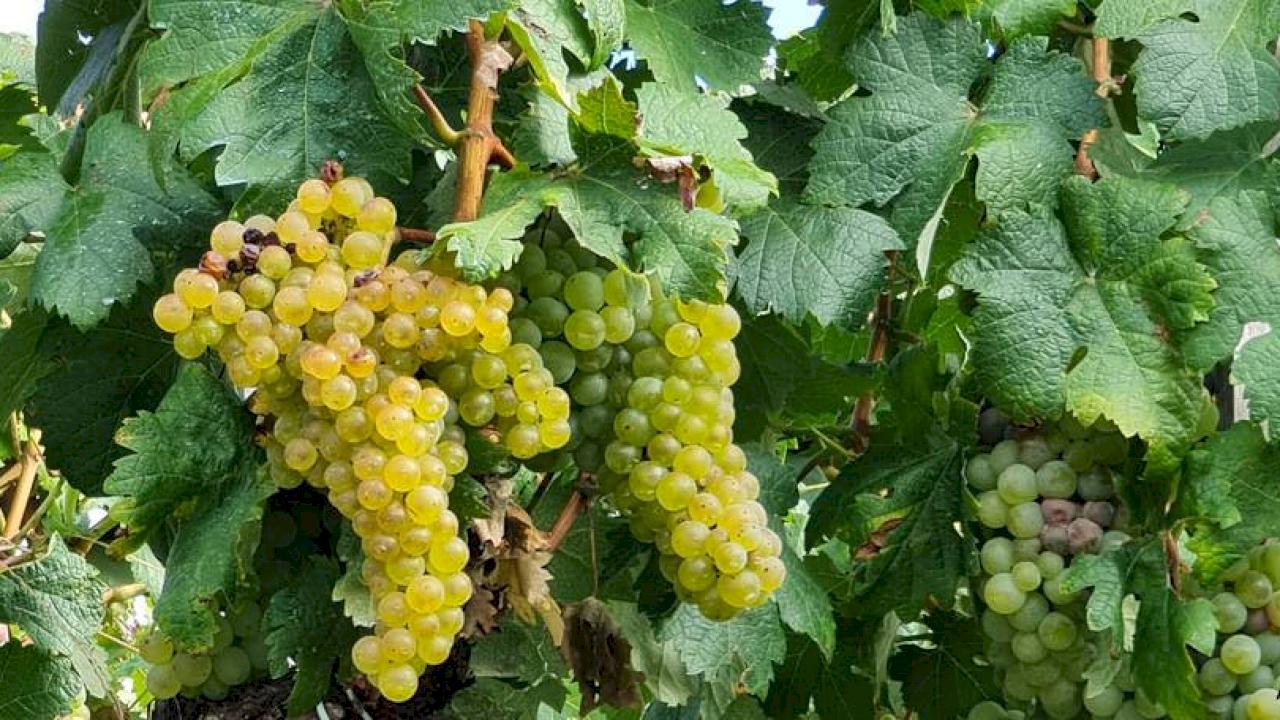
Medium-sized winery with its own vineyard and grape purchase contracts.
DO Ribeiro
Infographic of the Denomination of Origin
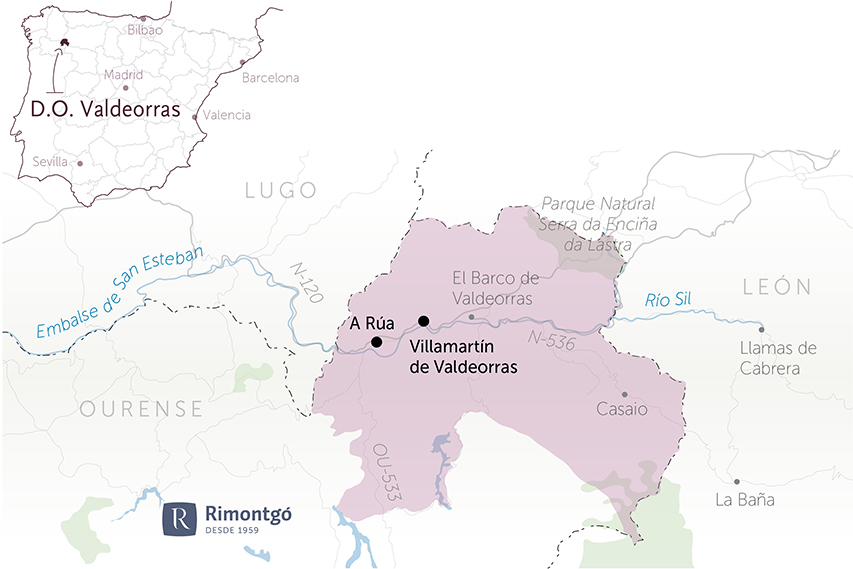
Change to imperial units (ft2, ac, °F)Change to international units (m2, h, °C)
D.O. year of foundation:
1957
Number of wineries (2017):
45
Total surface area:
1.171 ha2.894 ac
Maximum production allowed:
10.000 kg/ha8.921 lb/ac
Altitude of the vineyards:
Min: 300m
Max: 700m
Min: 984ft
Max: 2.297ft
Temperature:
Min: -8º
Max: 40º
Min: 18°F
Max: 104°F
Yearly hours of sun:
2.150
Yearly rainfall:
925 l/m286 l/ft2
Ourense
In the south-east of Galicia, we find the wineries of Ourense, distributed around the river. It is one of the four provinces of autonomy, which borders the provinces of Pontevedra to the West, Lugo to the North, León and Zamora to the East, and Portugal to the South.
HISTORY OF WINE
During the Middle Ages, the monastic orders settled farms and priories on the banks of the Galician rivers. The monasteries were the great promoters of the vineyard, together with the families of the aristocracy. Between the 9th and 17th centuries, Galician wineries already exported wines from Ribadavia and Ourense (Ribeiro) to the aristocracy of England, Flanders and Italy. Few parts of the world have such a tradition in the wine business. The Galician workers also helped to develop the vineyards of Oporto.
The plagues of oidium, mildew and phylloxera made it necessary to implant vines onto American rootstocks from the 19th century onwards. After the Civil War, the region experienced years of scarcity due to the emigration of Galicians, but when Spain joined the European Union in 1985, funds began to arrive that helped the industry revival. Although the most important Designation of Origin is still the DO Ribeiro, other regions of the province are Valdeorras, Ribeira Sacra and Monterrei.
WINES AND WINERIES
Most of Galicia's vineyards are located in the southern part, in the provinces of Ourense and Pontevedra (Rías Baixas), although there are some significant plantations in Lugo (Ribeira Sacra). Specifically, the Designations of Origin covering the province of Ourense are the famous DO Ribeiro (the special sweet wine Tostado Ribeiro is protected under this name), the DO Valdeorras, DO Monterrei and DO Ribeira Sacra. In Galicia there is also a particular type of boutique winery known as, Colleiteiro or Adega de Colleiteiro, which is characterised by producing a maximum of 60,000 litres of wine a year and only using grapes from its own harvest.
The most outstanding wineries in Ourense are Viña Meín, Terra do Castelo, Viña Costeira, Rafael Palacios, Viña Somoza, Bodegas Val de Sil, Bodegas A Coroa, Bodegas O Lugar do Sil, Bodegas Guitián, Pazos del Rey, Bodegas Franco Basalo, Bodegas Gargalo, Dominio de Bibei, Bodegas Ramón do Casar, Pazo Tizón, Bodegas Cunqueiro, Bodegas Alter, Bodegas Castro Rei, Bodegas Do Campo, Bodegas A Portela, Bodegas Manuel Rojo, Adegas Pazo do Mar, Bodegas Priorato de Razamonde or Bodegas Ponte de Boga, among others. Rimontgó has wineries and vineyards for sale in the area.
POINTS OF INTEREST
Ourense is an area rich in heritage. The Ribeira Sacra and the Vía de la Plata are routes that discover its charms, along with the monumental ensembles of towns such as Ribadavia. The castle of O Castro and the sanctuary of Nuestra Señora de las Ermitas, built in 1624 on the slopes of the river Bibei, are two important centres of wine economy and worth visiting. The region's natural thermal springs are also highly appreciated. Among its leafy nature, the Biosphere Reserve of the Allariz Area and the Natural Park Baixa Limia-Serra do Xurés stand out. Regarding gastronomy, it is famous the Polbo á feira (an octopus traditional dish) and the festivities in honour of the said dish.
Discover more wineries and vineyards for sale in these wine regions in Spain
Subscribe to our mailing list to receive news about wineries and vineyards.

